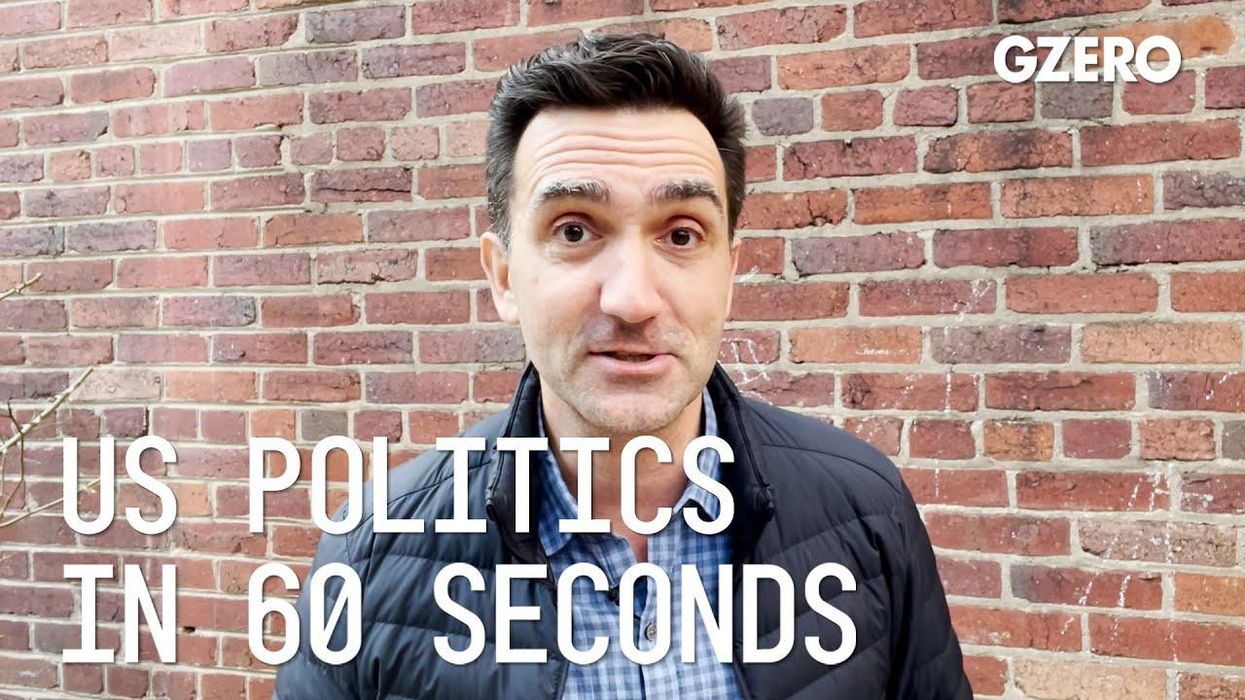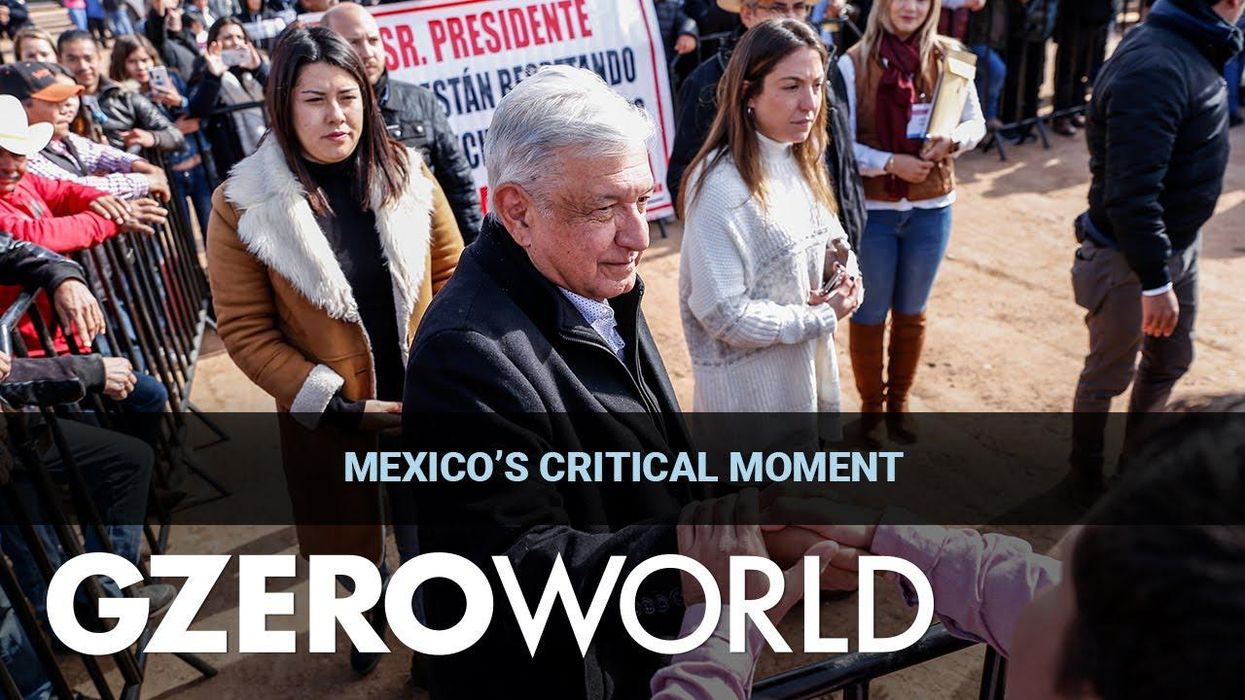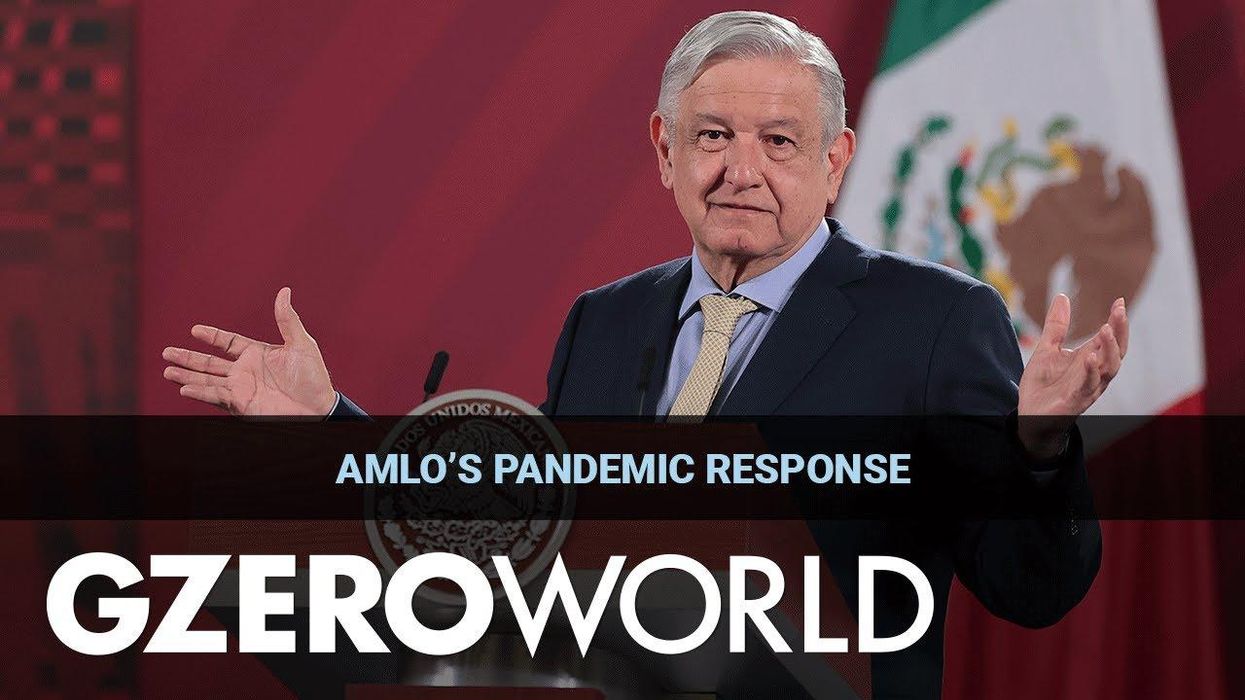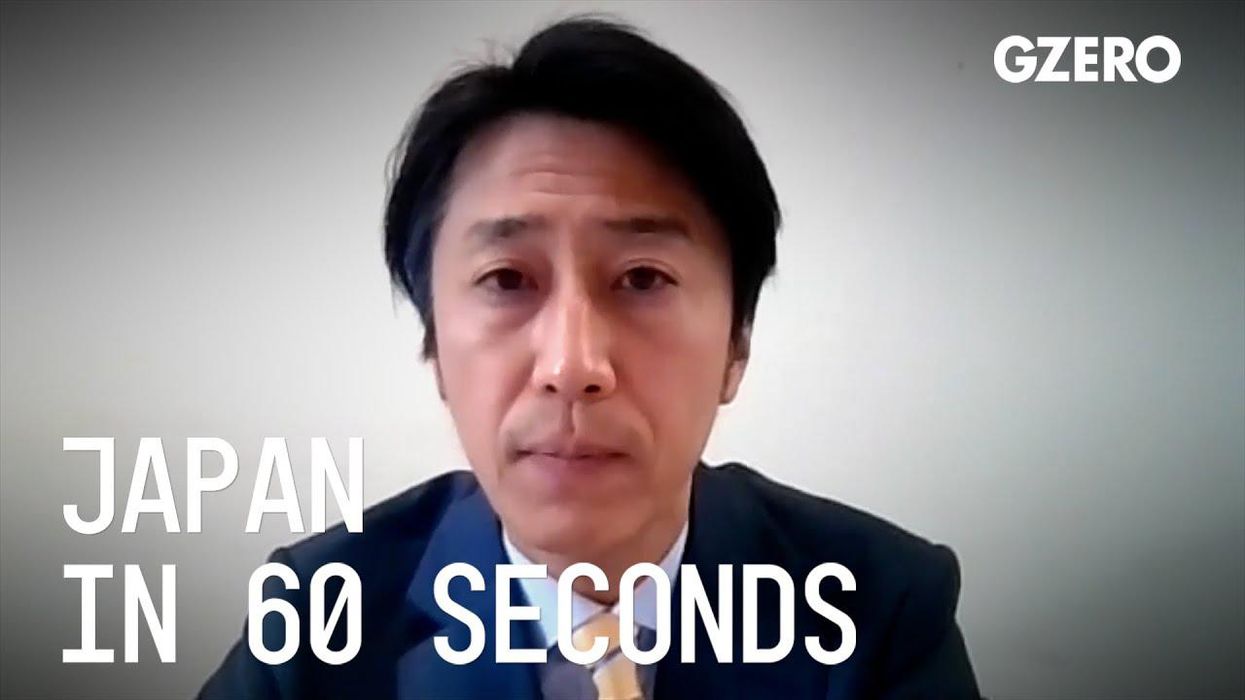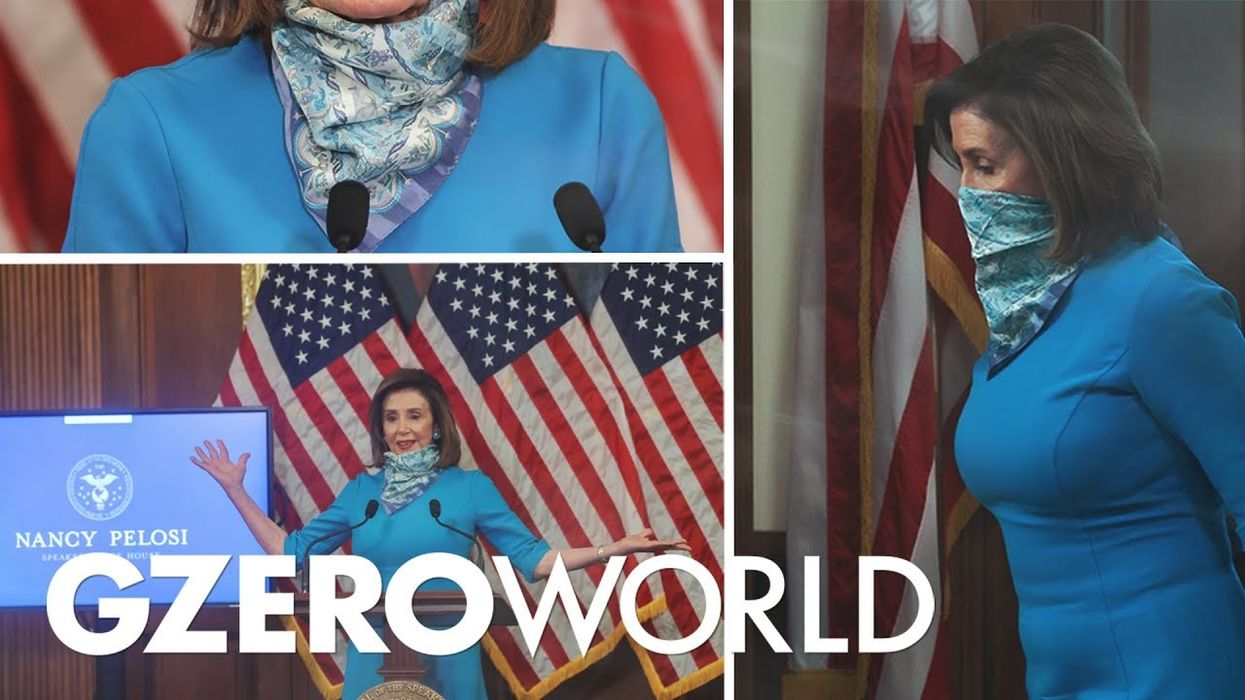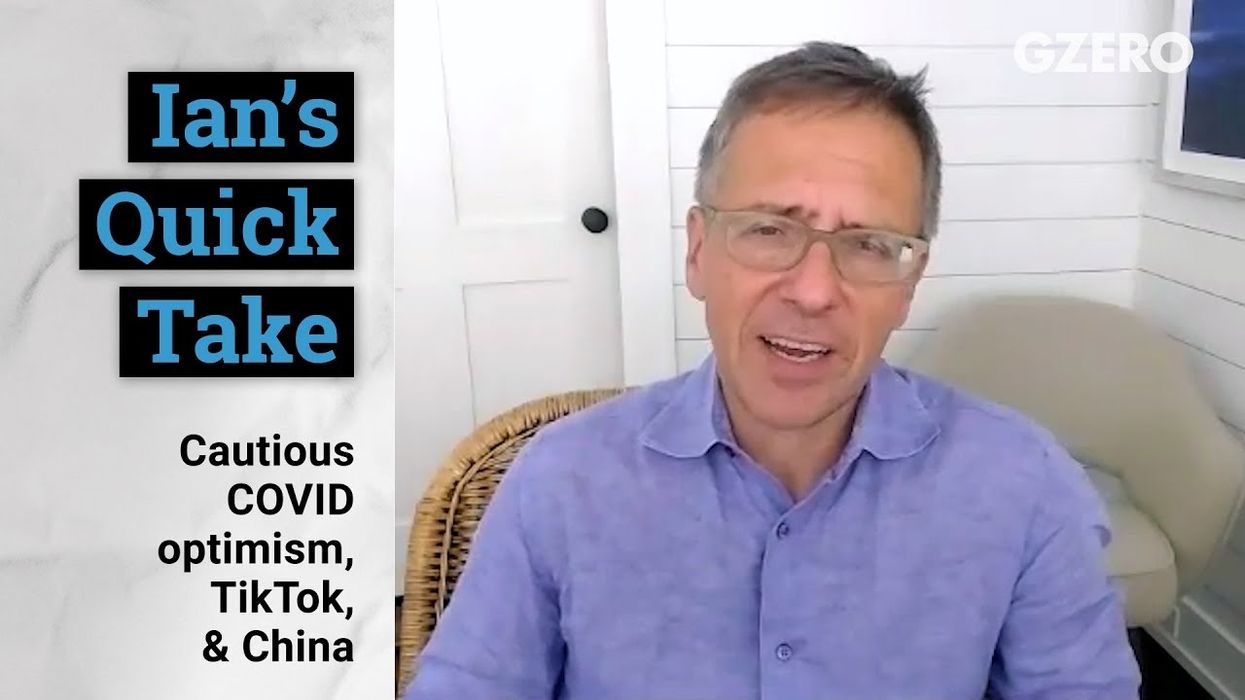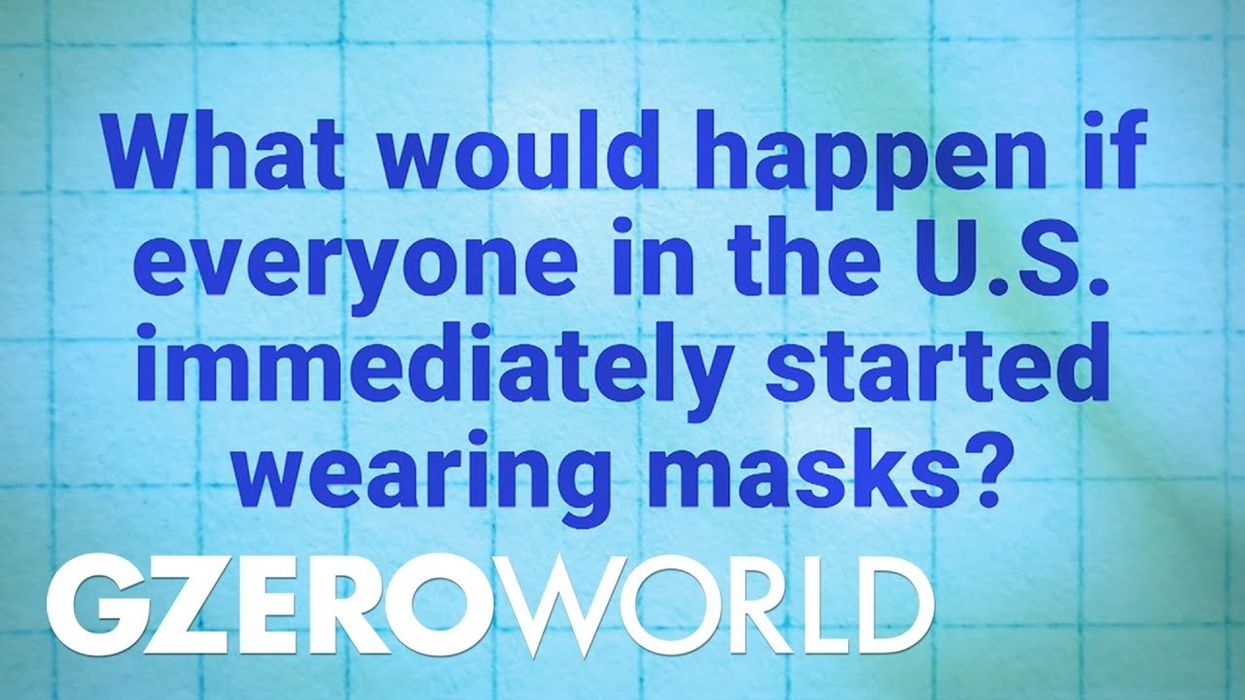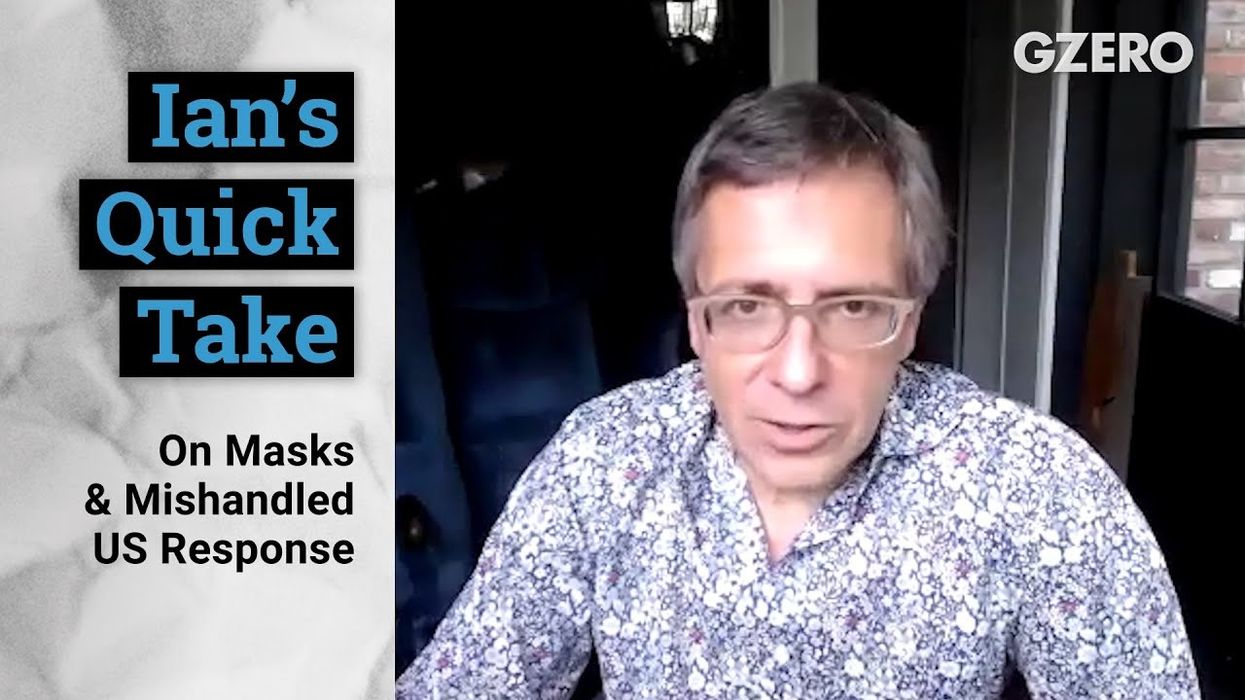US Politics In 60 Seconds
Minimum wage won't go up for now; Texas sets reopening example
Jon Lieber, Managing Director of the United States for the Eurasia Group, shares his insights on US politics in Washington, DC:
Another stimulus bill is about to pass the Senate. Why won't the minimum wage be going up? What's next for Congress after the stimulus? Texas is open. What's happening in the Lone Star State?
Mar 05, 2021
